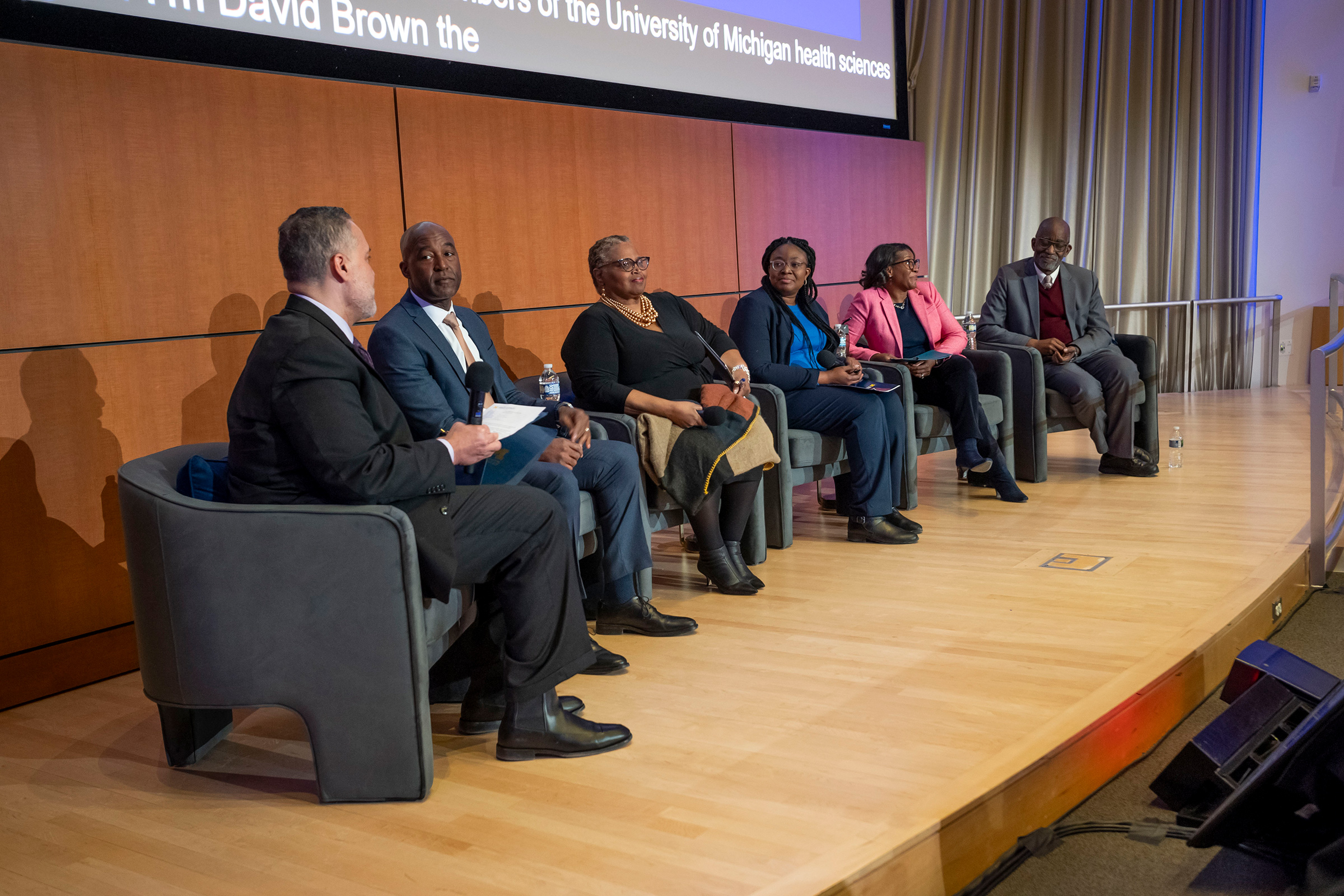Breaking Barriers: Michigan Medicine Honors Dr. King's Legacy with Groundbreaking Health Science Lecture

In a powerful celebration of Dr. Martin Luther King Jr.'s legacy, Michigan Medicine and the Michigan Health Sciences committee commemorated their 35-year tradition of honoring diversity and healthcare equity at the 35th annual Health Science MLK Lecture on Monday afternoon. The event brought together medical professionals, students, and community leaders to reflect on Dr. King's enduring vision of social justice and inclusive healthcare.
The lecture, a long-standing cornerstone of Michigan Medicine's commitment to promoting understanding and equality, provided a meaningful platform for discussing the critical intersections of healthcare, social justice, and community empowerment. By continuing this annual tradition, the committee underscores the importance of Dr. King's principles in advancing medical education and healthcare access for all.

